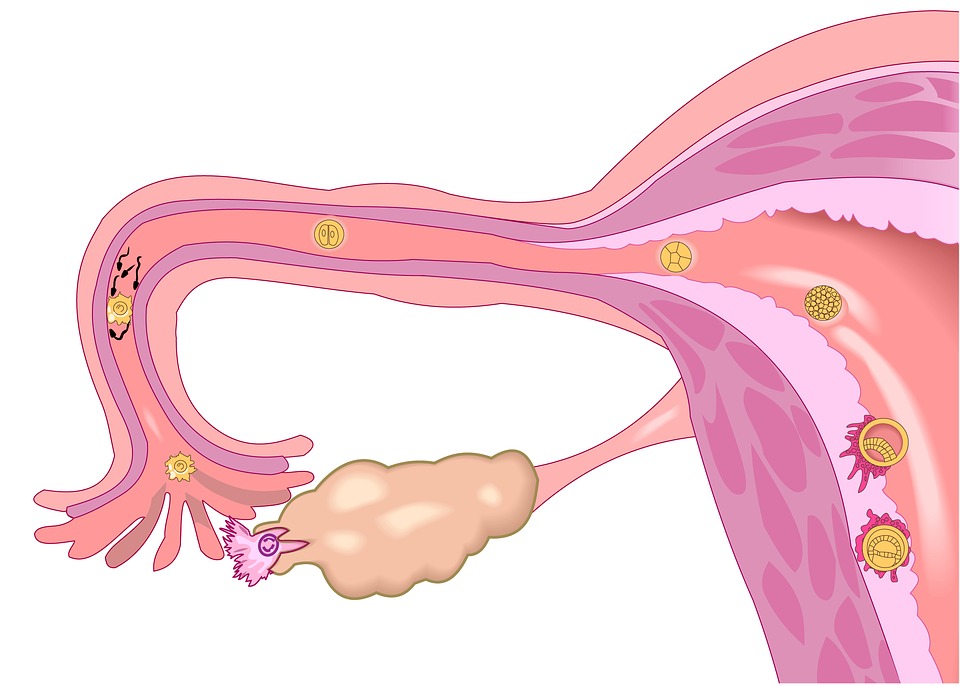Introduction
Infertility is defined as the inability to conceive even after engaging in regular unprotected sex or the biological inability in contributing to conception. It can also be defined as a female’s inability in carrying the pregnancy to full term. The failure of a couple to conceive after regular sexual intercourse for twelve months without the use of contraceptives is referred to as infertility in most countries.
From studies conducted by Mayo Clinic in the US, about 40-50 %of infertility cases are caused bu problems in the woman while 20% of the cases are due to man’s problem. The study also veiled that 30-40% of infertility cases are due to problems associated with both the woman and the man. It is estimated that about 10% to 15% of all the couples in the United States are infertile according to the Health and Human Services Department.
Major causes of infertility
Obesity or overweight
Sedentary lifestyle and obesity have been associated with increasing levels of female infertility in the industrialized countries. Abnormal sperms are also associated with overweight men.
Smoking
Smoking increases the infertility rates in both men and women. Also, smoking affects the fertility treatment. It also increases the chances of miscarriage in pregnant women.
Sexually transmitted diseases, STDs
Some STDs have been proven to cause infertility in both men and women. For instance, inflammation of the man’s scrotum and damage of the fallopian tubes has been associated with Chlamydia.
Chemicals
Exposure to chemicals such as heavy metals, herbicides, solvents, and herbicides is linked to infertility in both women and men. Care should, therefore, be taken when handling such chemicals.
Alcohol intake
Alcohol c onsumption severely affects a woman’s pregnancy. Lower male fertility is also associated with men abusing alcohol. Moderate alcohol consumption reduces futility rate in men with a low sperm count.
onsumption severely affects a woman’s pregnancy. Lower male fertility is also associated with men abusing alcohol. Moderate alcohol consumption reduces futility rate in men with a low sperm count.
Mental stress
Sperm production and ovulation are said to be adversely affected by mental stress and depression. Depression is said to lower sexual intercourse frequency leading to low chances of conception.
Age factor
Fertility in women drops from age 32 years up to menopause. Fertility in men declines after attaining the age of 40 years. A man is his 20s is more fertile than a 50-year man.
How do we overcome infertility?
Infertility can be reversed through the following measures
Through cryopreservation, the embryos, sperms and blood cells are preserved by freezing for future use.
Through egg freezing
IVM – In Vitro Maturation is a process where immature eggs undergo maturation in a laboratory.
Ovulation induction- this involves artificial stimulation of the follicles leading to simultaneous egg production in a single cycle.


